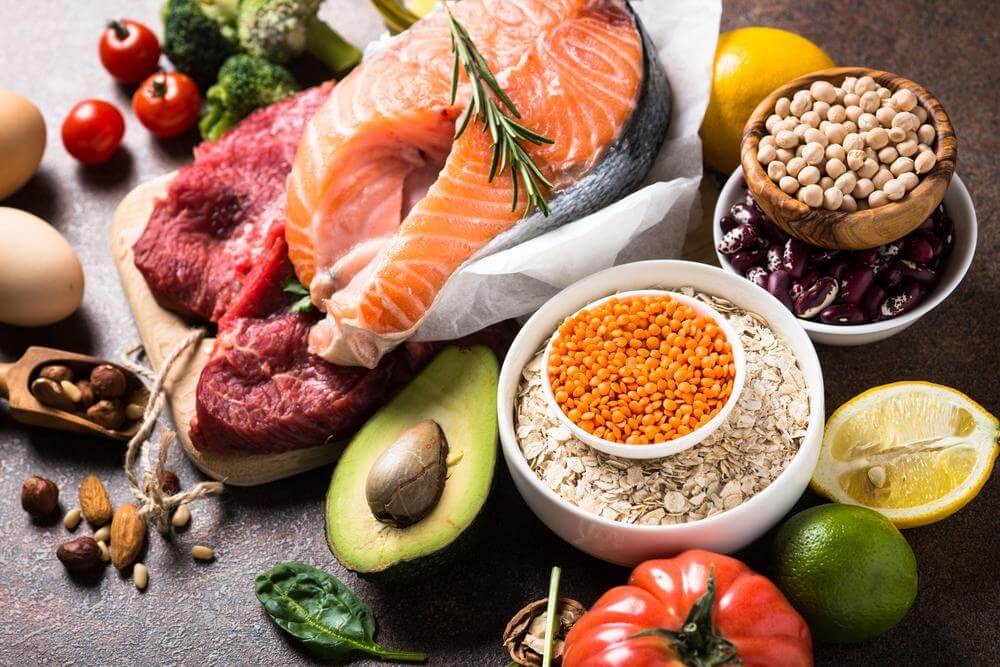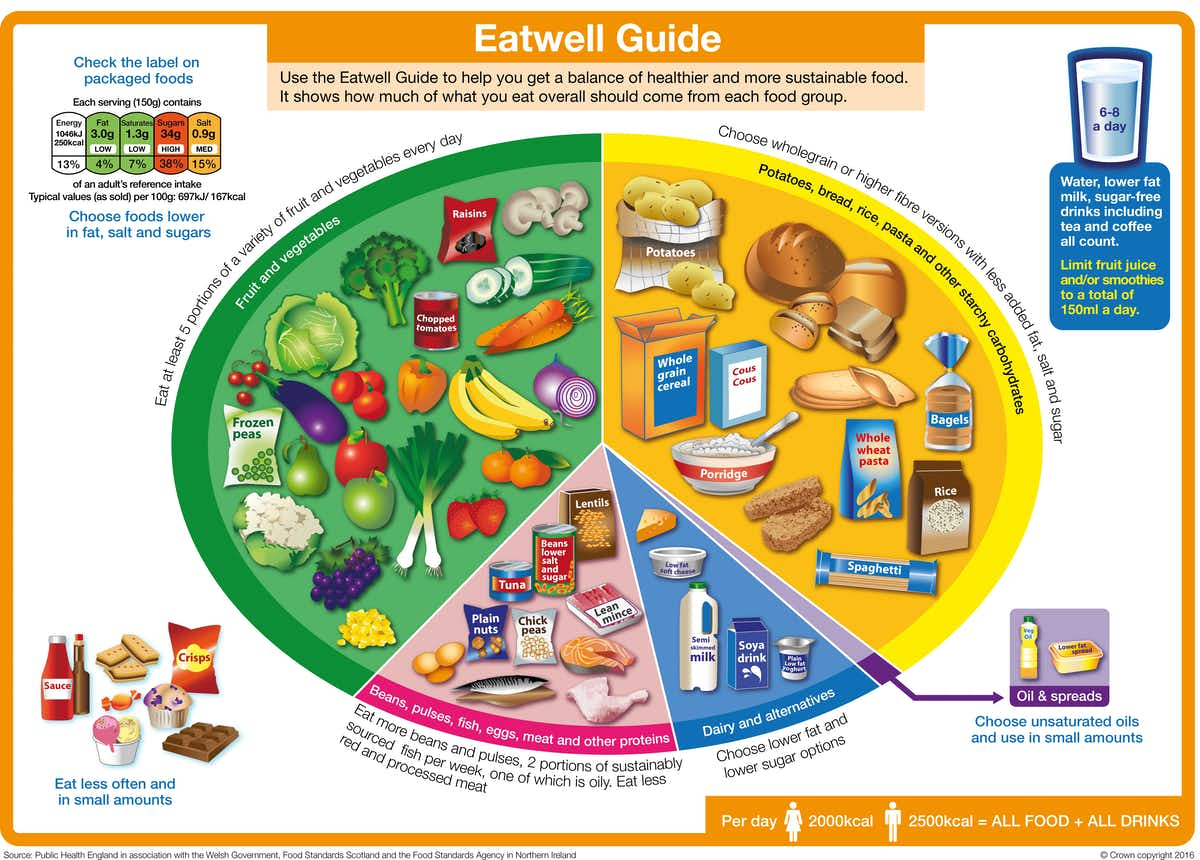Low Carb, Paleo Or Fasting – Which Diet Is Best?

First, let’s look at low-carb diets, which include Atkins, Dukan and, more recently, the Pioppi diet. The argument behind these diets is that carbohydrates are bad for us because they are broken down into glucose, which stimulates the release of insulin, and insulin helps the body store the energy from food as fat – especially around our middles.
What is missed in this argument is that it is not only carbohydrates that encourage us to make insulin. Foods high in protein and fat do this, too. Beef, for example, increases insulin to a similar level as breakfast cereals.
Related to low-carb diets are the evolutionary-type approaches, such as the caveman diet and the Paleo diet. These diets recommend shunning processed foods and following a diet similar to that of our ancestors in the Paleolithic period– a period that began about 2.6m years ago and ended about 12,000 years ago.
Definitions of this diet vary, but they tend to exclude grains, which often results in a low-carbohydrate diet. Dairy products are also avoided. Both low-carb and Paleo diets encourage eating plenty of fresh food, including vegetables, and little or no highly processed food.
Evidence suggests that low-carb diets can help you lose weight, reduce your risk of type 2 diabetes and, perhaps, your risk of heart disease. However, these three potential benefits are largely linked to the energy restriction they cause and are not directly related to avoiding carbohydrates.
The reason for the drop in energy (calorie) intake is that carbohydrates normally make up a large part of the Western diet. Banishing carbs makes it difficult to make up for the lost energy intake because the food industry is geared to providing plenty of carbohydrate-rich foods.
Other studies suggest that eating protein and fat keep you feeling full for longer, and may suppress appetite that way. However, more research is needed to prove this theory.
There is some evidence that a low-carb diet can help you lose weight, for up to six months. And a study of people with type 2 diabetes suggests that it can help reduce the need for diabetes medication, even after two years.
The news is not all positive, though. Paleo diets, in particular, can cause side effects, such a diarrhoea, headaches and weakness. And both Paleo and low-carb diets tend to be more expensive than a regular healthy diet (as per government guidelines), and require careful planning to meet nutritional needs.
Fasting
Intermittent fasting diets, such as the 5:2 diet and the warrior diet, are another recent option21p;[[op;. They usually involve going for 14 to 36 hours with few or no calories.
The 5:2 diet involves eating a normal amount of calories for five days of the week and eating reduced calories (25% of normal calorie intake) on two non-consecutive days. The warrior diet involves eating just one large meal a day.
These types of diets have been shown to result in weight loss. In a study published in the International Journal of Obesity, the 5:2 diet not only resulted in a loss of over 6kg, on average, in overweight and obese women, over a six-month period, it also improved several important markers of health, including LDL cholesterol, triglycerides and blood pressure.
The important thing for people embarking on fasting diets to remember is: you need to meet all of your nutritional needs. per the UK government’s Eatwell guide.

The Eatwell guide. Food Standards Agency
The diets we’ve discussed almost all recommend eating more vegetables and less sugar, refined carbohydrates and highly processed foods. The advocates of these diets differ on the role of fats and carbohydrates, but they all encourage people to think more about food and take control of the food they eat.
Reclaiming the word ‘diet’
The evidence seems clear, most diets are equally effective when it comes to weight loss. The important thing is to find a diet that works for you – one you can enjoy in the long term.
Perhaps we need to remember the origins of the word diet, coming from the Greek “diata”, meaning way of life. This meaning has been adapted over time to mean a restriction.
It’s time we reclaim the word diet for its true meaning, and look to find ways of eating that are both enjoyable and improve health.
What we have learned from countries where people live long and healthy lives is that they tend not to focus on specific diets – counting calories, fussing about carbs – instead they eat local produce that is affordable and enjoyable.
Sources:
Author:

Paul D McArdle






